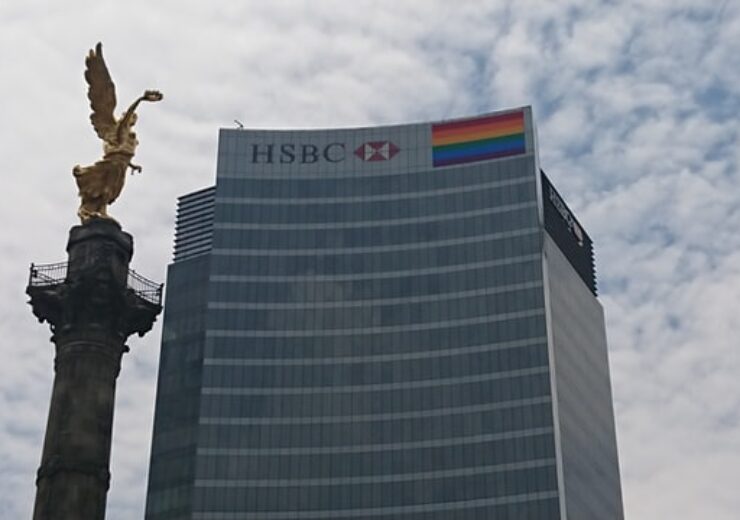The new Metaverse Discretionary Strategy focuses on five segments including infrastructure, computing, virtualisation, experience and discovery, and interface, and is managed by the bank’s Asset Management arm

HSBC rolls out new discretionary metaverse portfolio. (Credit: Jose G. Ortega Castro on Unsplash)
UK-based investment banking company HSBC, through its Global Private Banking (GPB) unit, has rolled out a new fund to capture investment opportunities in the metaverse.
The new portfolio, dubbed Metaverse Discretionary Strategy, is designed for the bank’s affluent investors and private banking clients in Hong Kong and Singapore.
It is managed by the bank’s Asset Management arm and focuses on five segments including infrastructure, computing, virtualisation, experience and discovery, and interface.
HSBC Asia Pacific investments and wealth solutions discretionary and funds regional head Lina Lim said: “At HSBC, we are committed to providing timely and innovative solutions to our clients in order to capture long term secular thematic investment opportunities.
“The metaverse ecosystem, while still at its early stage, is rapidly evolving. We see many exciting opportunities in this space as companies of different backgrounds and sizes are flocking into the ecosystem.”
Metaverse is a network of 3D virtual environments accessed through different virtual and augmented reality devices where users can work, socialise and play.
The sector has become more popular after social media platform Facebook has changed its name to ‘Meta’ last year, indicating its commitment to the metaverse concept.
Last month, HSBC has announced its plans to purchase a plot of virtual real estate in online gaming space, The Sandbox, from Hong Kong-based Animoca Brands.
The move marks the bank’s entry into the metaverse and enables it to engage with sports, e-sports and gaming fans through its virtual space in The Sandbox.
Its entry into the metaverse comes with the restructuring of its branch network, which includes the closing of 69 bank branches across the UK.
HSBC said that its decision on restructuring was based on increasing customer preference towards mobile and online banking, which increased since the beginning of the pandemic.
Also, its restructuring will include community pop-ups, integrated self-service machines, colleague-assisted digital support, and the use of the Post Office network.
